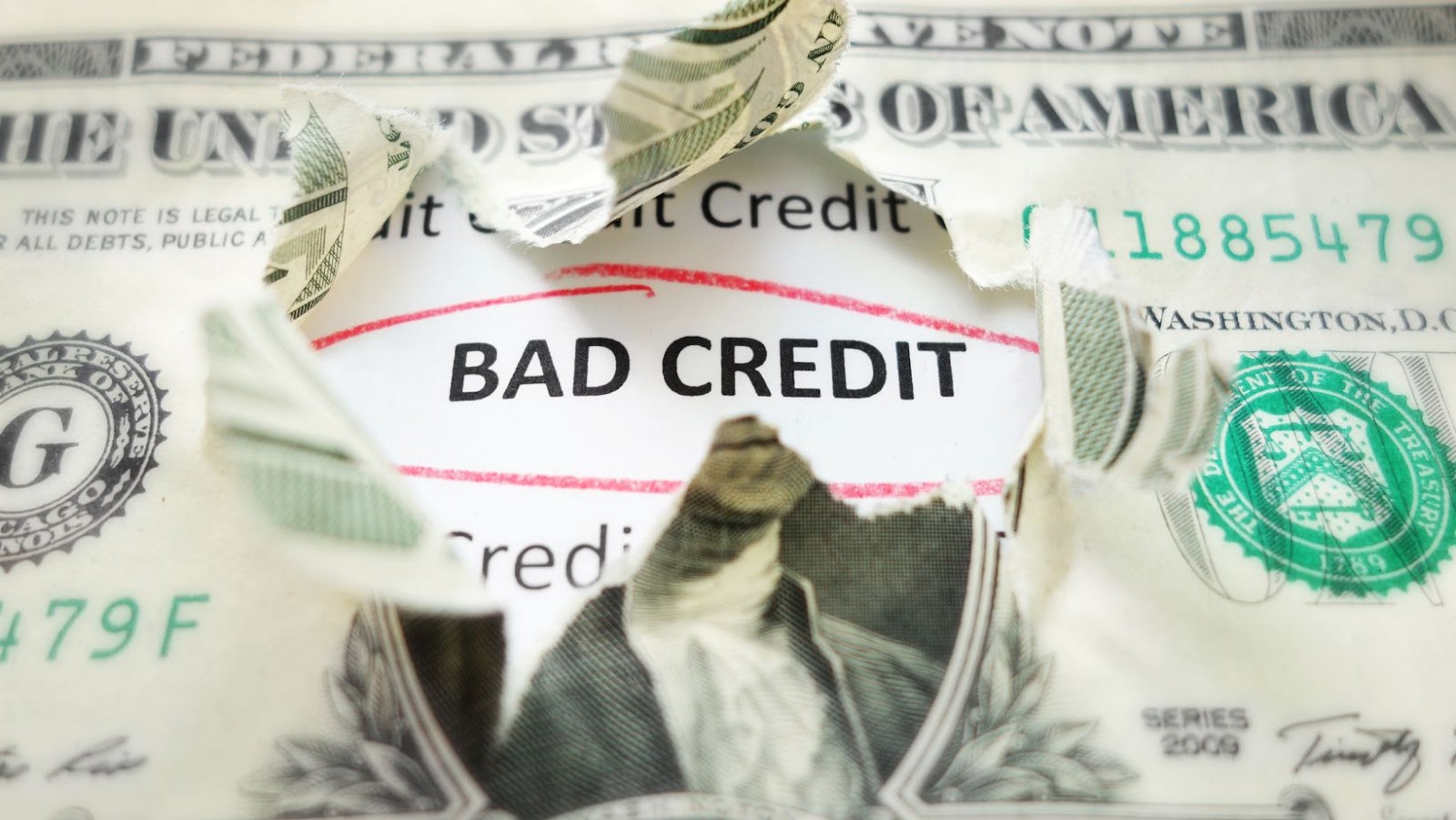
Are you interested in flipping homes, but don’t have the cash or credit to get started? Don’t worry – there are still ways to do it! In this blog post, we’ll share some tips and tricks on how to flip homes with little or no cash and bad credit. So if you’re ready to get started in the world of real estate investing, read on!
Introduction
In this guide we are going to show you how to flip houses with no money and bad credit. This is not a get rich quick scheme but if done correctly, can provide you with a steady stream of income.
We will cover the following topics:
-What is flipping a house?
-The benefits of flipping houses
-How to find funding for your flip
-How to rehab a house for flipping
-How to sell your flipped house
With the knowledge in this guide, you will be able to take the first steps in starting your own house flipping business.
Why You Should Consider Flipping Houses
The idea of flipping houses has become quite popular in recent years, thanks in part to shows like HGTV’s “Fixer Upper”. And while the concept may seem a bit daunting at first, it is actually a fairly simple process. Essentially, flipping houses involves purchasing a property, making some renovations or repairs, and then selling it for a profit.
There are a number of reasons why you should consider flipping houses. For one, it can be a great way to earn some extra money. If you do it right, you can make a significant profit on each flip. Additionally, flipping houses can be a great way to get started in the real estate business. It can be a low-risk way to learn about the industry and gain experience in renovating and repairing properties.
Of course, there are also some risks involved in flipping houses. The most obvious risk is that you could lose money if the property doesn’t sell for as much as you paid for it plus the cost of renovations. Additionally, there is always the possibility that something could go wrong during the renovation process, which could end up costing you more money than you anticipated.
Despite the risks, flipping houses can be a great way to earn some extra money or get started in the real estate business. If you do your research and invest wisely, you could find yourself earning a healthy profit on each flip.
How to Flip a House with No Money
Here’s how to flip a house with no money: find a property that you can buy below market value, get home equity loans or lines of credit to finance the rehab costs, and then sell the property for a profit.
If you have bad credit, you may still be able to qualify for financing by using a cosigner or by finding a lender who specializes in high-risk loans.
Flipping houses can be a great way to make money, but it’s not without its risks. Make sure you do your homework before getting started, and always consult with a qualified real estate professional to help you make the best decisions.
How to Flip a House with Bad Credit
Though you may have less-than-perfect credit, there are still plenty of options available to you if you want to get into the house flipping business. From creative financing methods to forming partnerships, there are a number of ways you can flip a house even with bad credit.
One option is to find a partner who has good credit and is willing to serve as the primary borrower on the loan. You can then act as a co-signer or guarantor on the loan, which will allow you to be involved in the property purchase even with bad credit.
Another option is to look for creative financing methods that don’t require a traditional mortgage. For example, you could enter into a lease-option agreement with the seller, which would give you the right to purchase the property at a later date. This could be a good option if you’re not ready to purchase a property outright but still want to get involved in the flipping process.
There are also a number of government programs that can help you get started flipping houses even with bad credit. For example, the HUD Good Neighbor Next Door program offers homes at 50% off their list price to teachers, law enforcement officers, veterans, and other public servants. This could be an excellent way to get started in the house flipping business without having to come up with a large down payment.
Ultimately, there are plenty of options available if you want to flip houses with bad credit. From finding partners and creative financing methods to taking advantage of government programs, there are ways you can get started in this business even if your credit isn’t perfect.
The Pros and Cons of Flipping Houses
There are many reasons why flipping houses has become such a popular investment strategy, but it’s important to be aware of the potential risks and rewards before getting started.
On the plus side, flipping houses can be a great way to Make Money Quickly. If you buy a property at a low price, do some renovations, and then sell it for a higher price, you can make a tidy profit. Additionally, flipping houses can be a great way to learn about Real Estate investing and get your feet wet in the industry.
However, there are also some potential drawbacks to flipping houses that you should be aware of. For one thing, it can be risky – if you over-improve the property or don’t properly research the neighborhood, you could end up losing money on the deal. Additionally, flipping houses is not a “passive” investment like traditional real estate investing – it requires time and effort to find properties, negotiate deals, oversee renovations, and market the finished product.
If you’re thinking about flipping houses, weigh the pros and cons carefully before getting started. With careful planning and execution, flipping houses can be a great way to make money – but it’s not without its risks.
Tips for Successfully Flipping a House
The first step is finding a fixer-upper in a good location. It should be in an up-and-coming neighborhood, or one that’s already on the rise. Then, get estimates from reputable contractors for the repairs and upgrades you’ll need to make. Add these estimates to the price you paid for the home, and that’s your maximum budget.
Next, get pre-approved for a loan. You may be able to do this with a letter from a private lender, showing that you have the funds available to complete the purchase and renovation. Or, you may be able to get a hard money loan, which is based on the value of the property after repairs are made.
Once you have your financing in place, it’s time to start looking for properties. Keep your eye out for homes that are in need of significant repair work, but don’t bite off more than you can chew. You want to be able to complete the renovations quickly and without any major problems.
Once you find a property that meets your criteria, make an offer. If it’s accepted, begin making plans for the repairs and upgrades. Get bids from contractors and decide which ones you want to use. Then, get to work!
Make sure you stay within your budget and stick to your timeline as much as possible. If everything goes according to plan, you should be able to flip the house and make a profit within a few months.
How to Get Started Flipping Houses
Have you ever thought about flipping houses, but didn’t know how to get started or thought you didn’t have the money? Flipping houses is not as complicated or risky as you might think. You can get started with very little money and poor credit.
The key to success in flipping houses is to find a motivated seller who is willing to sell their house at a deep discount. There are a number of possible sources for finding motivated sellers, such as probate listings, divorce listings, absentee owners, and tax delinquent properties.
Once you find a motivated seller, the next step is to negotiate a purchase price that is below market value. This will allow you to sell the property at a profit after making any necessary repairs and improvements. It is important to carefully estimate the repair costs before making an offer on a property.
You will need to have access to capital in order to finance your flip. There are a number of ways to finance your flip, such as using private money lenders, hard money lenders, or even partnering with another investor.
If you are new to flipping houses, it is important to consult with experienced professionals in order to minimize your risk and maximize your profits. An experienced real estate agent can help you find properties that are likely to sell quickly and for a good profit. A experienced contractor can help you estimate repair costs accurately so that you don’t overspend on your renovation budget.
Flipping houses can be a great way to make money in real estate with very little money down. By following these simple tips, you can get started flipping houses today!
The Bottom Line
There are a number of ways to finance a flip, and the best option for you will depend on your financial situation. If you have good credit and enough cash on hand to cover the down payment and any repairs, a traditional mortgage will likely be the best option. If you don’t have the cash or the credit, you can still finance a flip by partnering with another investor or using a hard money loan. Whichever route you choose, make sure you do your research and create a realistic budget to avoid any costly surprises.


